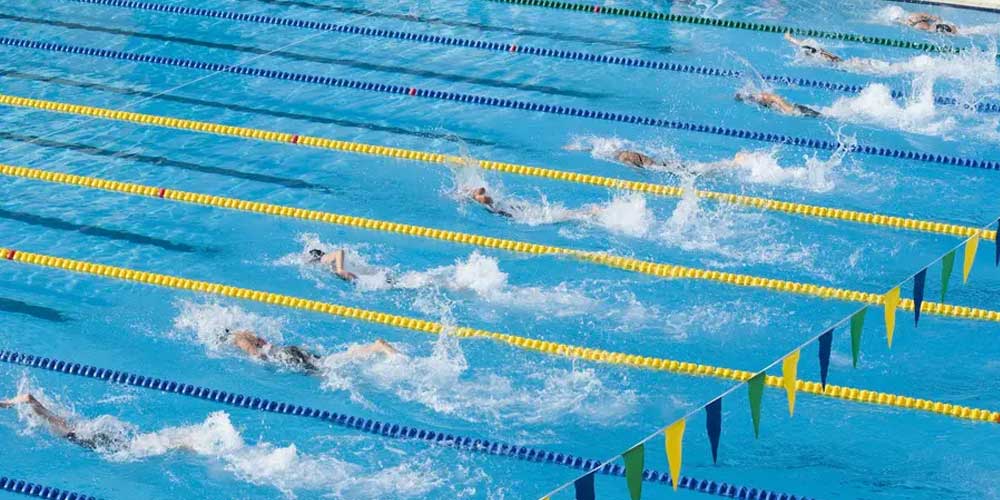Swimming pool maintenance requires a careful balance of chemicals to ensure the water remains clean, clear, and safe for swimmers. Here’s a comprehensive overview of the chemicals commonly used in pool maintenance:
1. Chlorine Disinfectant: Chlorine is perhaps the most essential chemical for pool maintenance. It kills bacteria, algae, and other harmful microorganisms in the water, preventing infections and maintaining water clarity. Chlorine is typically added to pools in the form of chlorine tablets for feeders or dispensers, or granular chlorine for directly dosing.
2. pH Adjusters: The pH level of pool water is crucial for maintaining swimmer comfort and preventing damage to pool equipment. pH adjusters are used to raise or lower the pH level as needed. The ideal pH range for pool water is typically between 7.2 and 7.8.
3. Algaecides: Algaecides are chemicals used to prevent algae growth in pools. While chlorine can effectively kill algae, algaecides provide an additional layer of protection and can help prevent algae blooms. Different types of algaecides are available, including copper-based, quaternary ammonium compounds and non-foaming algaecides.
4.Clarifiers: Pool water can become cloudy due to the presence of small particles suspended in the water. Clarifiers are chemicals that help gather these particles together, making them easier for the pool filter to remove. Common clarifying agents include aluminum sulfate and PAC.
5. Shock Treatment: Shock treatment involves adding a high dose of chlorine to the pool to rapidly oxidize organic contaminants, such as sweat, urine, and sunscreen, that can build up in the water. Shock treatments help maintain water clarity and eliminate unpleasant odors. Shock treatments are available in various forms, including calcium hypochlorite, sodium dichloroisocyanurate, and potassium monopersulfate.
6. Stabilizer (Cyanuric Acid): Stabilizer, usually in the form of cyanuric acid, helps protect chlorine from degradation due to UV radiation from the sun. By stabilizing chlorine, stabilizer extends its effectiveness, reducing the frequency of chlorine additions required to maintain proper sanitation levels.
It’s essential to use these chemicals according to manufacturer instructions and regularly test the pool water to ensure proper chemical balance. Overuse or misuse of pool chemicals can lead to water imbalances, skin and eye irritation, or damage to pool equipment. Additionally, always store pool chemicals safely, away from children and pets, in a cool, dry place.
Post time: Apr-26-2024

